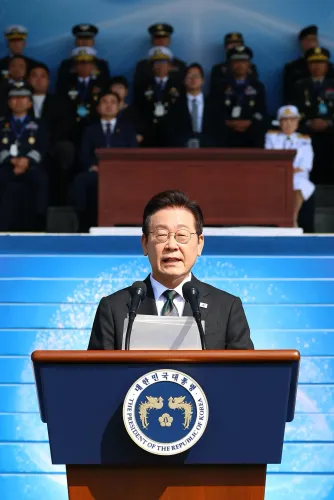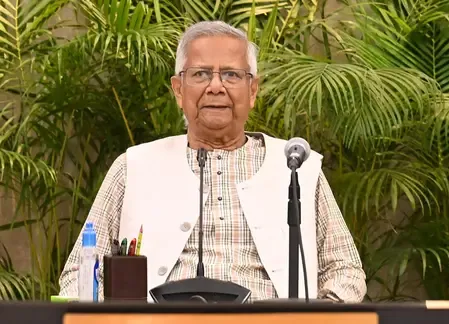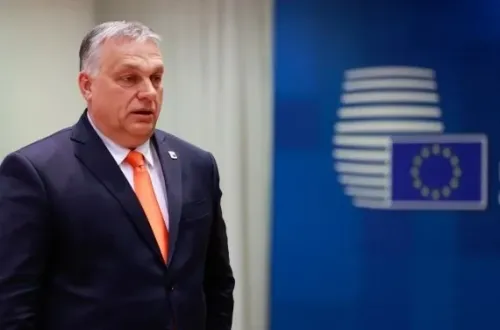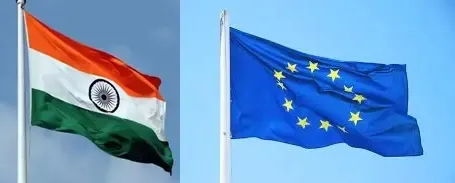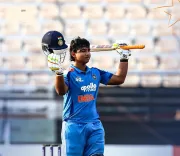Why Did Iran Recall Its Ambassadors to France, Britain, and Germany?
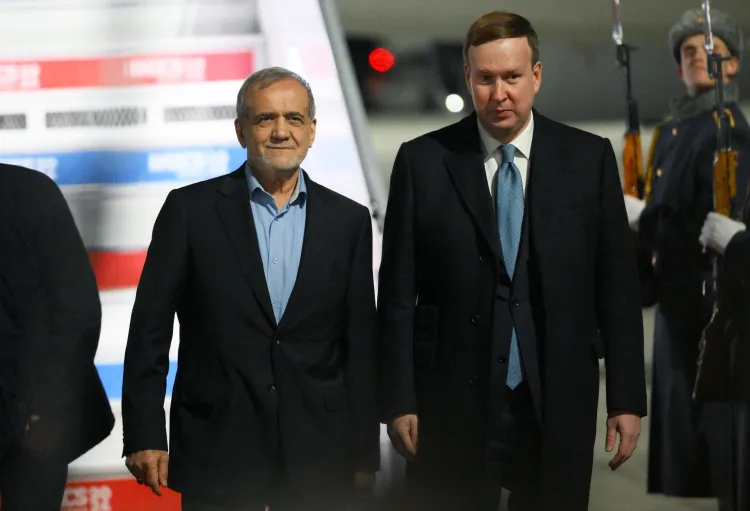
Synopsis
Key Takeaways
- Iran recalled ambassadors due to sanctions concerns.
- E3 activated the snapback mechanism.
- UN Security Council failed to extend sanctions relief.
- The JCPOA has faced challenges since the U.S. withdrawal.
- Diplomatic tensions continue to rise.
Tehran, Sep 27 (NationPress) Iran has decided to recall its ambassadors from France, Britain, and Germany, the trio known as the E3. This move comes in response to the E3's initiation of a mechanism aimed at reinstating international sanctions on Iran, as reported by the Iranian Foreign Ministry on Saturday.
The ministry criticized the E3's action to activate the "snapback" mechanism as "irresponsible," stating that the ambassadors have been summoned back to Tehran for discussions.
In the previous month, the E3 formally invoked this mechanism, which permits the reapplication of UN sanctions within 30 days if Iran is found to be in violation of the 2015 nuclear agreement.
On September 19, the UN Security Council did not pass a resolution that would have extended sanctions relief for Iran under the Joint Comprehensive Plan of Action (JCPOA), according to the Xinhua news agency. A subsequent resolution aimed at granting a six-month extension to both the JCPOA and Resolution 2231, which supports the deal, also failed in the Security Council on Friday. This outcome means that sanctions lifted under the agreement will begin to be re-imposed starting Saturday evening.
The JCPOA, which was signed in July 2015 by Iran and six major powers -- Britain, China, France, Germany, Russia, and the United States -- has faced challenges since the U.S. withdrew unilaterally in 2018, leading Tehran to gradually reduce its commitments.
Friday's draft resolution, proposed by China and Russia, garnered four votes in favor, nine against, and two abstentions, failing to meet the nine affirmative votes required for approval.
Algeria, China, Pakistan, and Russia supported the draft resolution on Friday. Guyana and the Republic of Korea abstained, with the remaining nine members of the Security Council opposing it.
The three European nations (E3) involved in the Iran nuclear deal, officially referred to as the JCPOA, asserted they triggered the snapback mechanism on August 28 by informing the Security Council of Tehran's "significant non-performance."
According to Resolution 2231, UN sanctions that were in effect before the resolution's adoption would resume 30 days post-notification, unless the Security Council passes a resolution to counteract this. The draft resolution proposed on September 19 to that effect did not succeed.
The voting results on Friday mirrored those of a draft resolution introduced by the Republic of Korea on September 19 during its presidency of the Security Council for that month.

